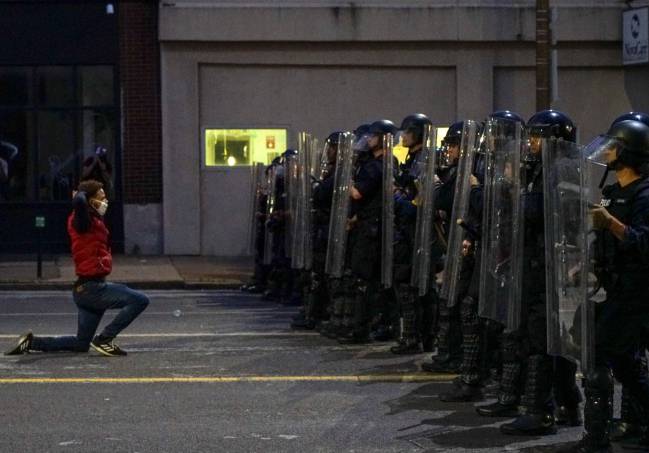

In case of invasion and rebellion, martial law may be declared in the country or a part of it, and the writ of habeas corpus may be suspended.īoth martial law and the suspension of the writ of habeas corpus may not exceed a period of sixty days. In today’s 1987 Constitution, established years after Martial Law was lifted, a President is bound by the following provisions in declaring Martial Law.Īs Commander-in-Chief, he may call out the armed forces of the Philippines in cases of lawless violence, invasion, and rebellion. By limiting the terms under which martial law may be called for, implemented, and extended, they are mandated to prevent the President from using his powers for anything other than the good of the Filipino people. The legislative and judicial branches of government play a central role in protecting against such abuses. The balance of power is thus only disrupted under the gravest of circumstances, only as a last resort. In the wrong hands, the declaration of martial law and the suspension of the writ of habeas corpus open up the real possibility of the abuse of civil rights. Power is normally spread across various institutions so that functions can be discharged efficiently and authority is not concentrated in a single entity. However, given the immense power that martial law can give the President, the Constitution ensures the implementation of appropriate checks and balances. Such a power is granted unto the President for cases where it becomes truly necessary, when the people’s lives are being threatened and these powers facilitate the process of securing their safety. To declare martial law is thus a legal course of action the Chief Executive may take. In cases of lawless violence, invasion, and rebellion, he may suspend the privilege of the writ of habeas corpus or declare martial law in any part of the nation. In the Philippine Constitution, the President may exercise his role as Commander-in-Chief of all Philippine armed forces and act accordingly to protect the safety of the Filipino people. This is suspended in times of crisis to expedite justice. The writ of habeas corpus, which in Latin refers to “having the body”, is a citizen’s protection against unlawful imprisonment. This may be characterized by curfews, the dispensation of military tribunal rulings on civilians, and the suspension of the privilege of the writ of habeas corpus. Martial law refers to the replacement of civil rule by military rule. Filipino Beginnings of Martial Law Martial Law 101


 0 kommentar(er)
0 kommentar(er)
